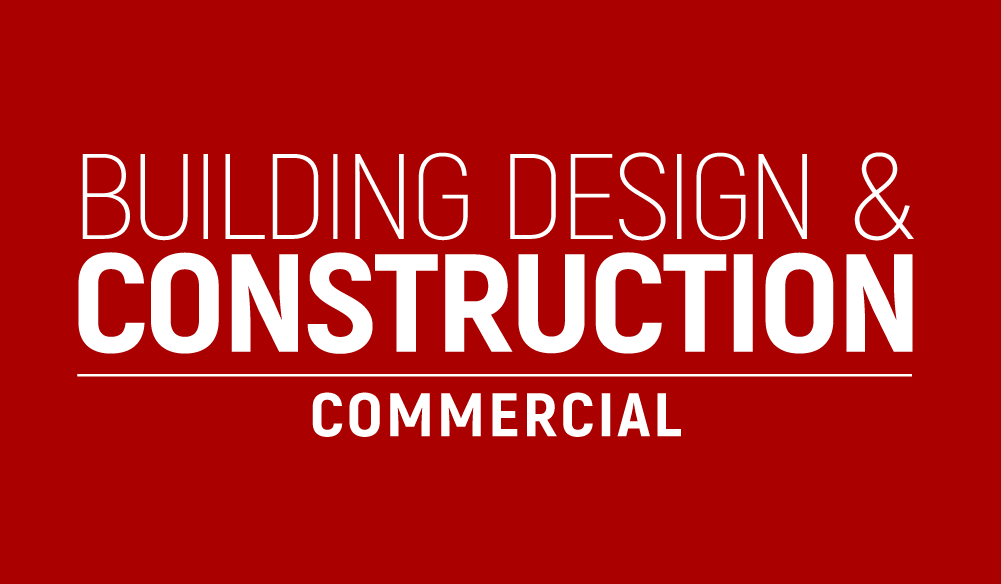Residential development in Scotland is set for five years of growth with demand for housing continuing to outpace supply, according to new research from the UK’s leading property consultancy, JLL
JLL’s residential forecast for Scotland suggests that continued political and economic uncertainty surrounding Brexit and a possible second referendum will ensure that housebuilders maintain a positive but cautious approach, placing continued pressure on price and rental growth between 2017 and 2021, especially in key city centres.
One of the key changes to Scotland’s housing market highlighted by JLL is the demand for city centre living and renting. During the past couple of economic downturns it has been city centre residential markets which have proved most vulnerable due to a reliance on the buy-to-let sector and the unproven nature of renters. Looking forward, JLL expects residential property performance will be stronger in city centres than in traditional housing.
This change has also led to the emergence of the Private Rented Community (PRC) institutional investment model, and JLL expects to see a number of specialist PRC developments in Edinburgh and Glasgow over the next few years.
Despite taking a broadly optimistic outlook for the Scottish housing market, JLL specifically calls out LBTT as a ‘housing market thorn’ and one which is impacting transaction volumes higher up the value curve.
JLL residential forecasts for 2017 – 2021 include:
- Edinburgh house prices set for growth of 23.4 per cent against a UK average of 13.1 per cent. Glasgow to outperform the average with growth of 15.4 per cent.
- Rental growth in Edinburgh will increase 20.5 per cent, ahead of Glasgow at 18.2 per cent, with both cities outperforming the UK average of 17.6 per cent.
- 11.4 million private housing completions over the next five years.
- Scottish economic growth of 1.3% p.a
- A contraction of 0.3% in employment mainly fuelled by job losses in the manufacturing, utilities and public sectors
- Number of households in Scotland to increase by 61,000 over the next 5 years.
Neil Chegwidden, JLL residential research said:
“The challenging perception of city centre living in recent years is likely to mean that Edinburgh and Glasgow will lead the Scottish residential market during the uncertainties of the next few years, despite these being perhaps most vulnerable to unfavourable Brexit effects.
“Housebuilders are more pro-development now than they have been for some time. Encouragingly we are now seeing the re-emergence of smaller and mid-sized housebuilders, They are providing stiff competition to the larger and more established Scottish housebuilders who have kept their toes in the market despite tougher market conditions in recent years.
“This is forcing up land values in key locations and creating a more diverse base of developers but the battle and scarcity for prime city centre sites is also generating opportunities and desire to develop in peripheral locations.
“All of this is positive for the Scottish residential market moving forward. Let us hope that the political and economic landscape does not undermine the drive towards a more normal and sustainable housing market.”
Jason Hogg, Director of JLL’s Residential team in Scotland, said:
“House building in Scotland continues to persevere against the backdrop of political uncertainty. The industry is in a confident and optimistic mood, buoyed by strong demand for residential in key city centres. However, there’s no doubting that the key challenge for the year ahead is to address the shortage of supply. It’s not simply a case of housebuilders increasing their outputs. We need to create a better planning environment at both a local and national level which facilitates this aim, increasing the supply of land and helping rather than hindering the residential development planning process.”




